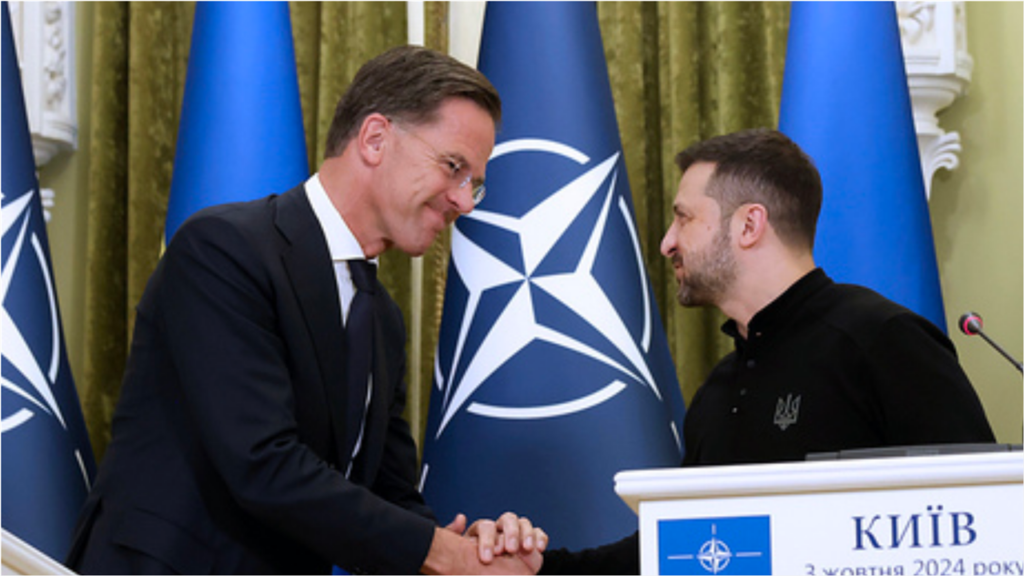Bulgaria Adopts The Euro And Abandons Economic Sovereignty | Armstrong Economics

Bulgaria’s adoption of the euro is a major step toward abandoning its remaining sovereignty. The European Union is akin to a drowning person clinging to anything nearby in an attempt to stay afloat. Bulgaria will become the 21st nation to adopt the euro beginning in January 2026.
Protests against the adoption have been ongoing for months. Citizens fear the spike in prices once the euro is adopted with good reason. In a population of 6.4 million, two million receive a pension of €226 a month. Net wages average only €355 a month. Bulgaria has one of the weakest economies in the EU, yet is expected to instantly adopt a currency with an official and fixed rate of 1 euro = 1.95583 lev. The nation’s GDP was 24.1% in 2024, far beneath the EU’s 60% threshold.
Bulgaria’s lev has been pegged to the euro since 1999 under a currency board arrangement. That means the country has already given up most of its monetary tools. But formally joining the euro locks in those losses—permanently. There will be no going back.
Proponents claim that Bulgaria will now have the European Central Bank’s liquidity facilities and bond purchasing programs. They tout that borrowing costs will be lower and joining will raise the nations creditworthiness. But for what? To take on more debt that they will never be able to default on?
Once Bulgaria joins, it will no longer be able to devalue its currency to remain competitive. That’s how small economies adjust in a floating system. But inside the eurozone, you’re stuck. All monetary policy decisions are made by the ECB in Frankfurt, which answers to no elected body. If Bulgaria experiences a downturn, they can’t cut rates or devalue—just like Greece in 2010. They will be told to cut pensions, raise taxes, and accept IMF mandates. That’s not sovereignty.
The former communist nation has a long history of political instability. In fact, there have been seven national elections in the past four years alone. Citizens have no trust in their government and do not bother with voting, as voter turnout reached only 34.4% in June 2024. The nation is also internally divided when it comes to support for Russia.
Alpha Research conducted a poll in July 2025 that found 46.5% of the population was in favor of euro adoption while 46.8% are in opposition. Eurobarometer conducted a separate poll in March 2025 that found 45% in favor and 53% against. Nationalism was already rising in Bulgaria, but this adoption of the euro will heighten the nation’s political divide as half the population does not want to surrender its identity to Brussels.
Adopting the euro is a politically motivated rather than a strategic economic move. Bulgaria has lost its remaining freedom from the EU and surrendered all economic freedoms.















